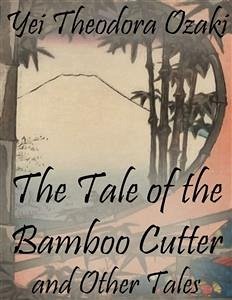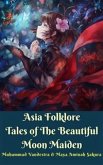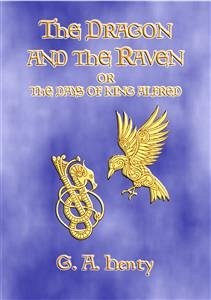The Tale of the Bamboo Cutter and Other Tales by Yei Theodora Ozaki. Yei Theodora Ozaki (1871–1932) was an early 20th-century translator of Japanese short stories and fairy tales. Her translations were fairly liberal but have been popular, and were reprinted several times after her death.This is a collection of Japanese fairy tales translated by Yei Theodora Ozaki based on a version written in Japanese by Sadanami Sanjin. According to Ozaki, "These stories are not literal translations, and though the Japanese story and all quaint Japanese expressions have been faithfully preserved, they have been told more with the view to interest young readers of the West than the technical student of folk-lore." Ozaki freely added to and changed the original stories for color and background.This is a collection of short stories from 2000 to 250 years ago, containing some elements of outer world, time travel, fantastic mechanical devices. The purpose of these stories is quite interesting: two of the stories are really about philosophy - how petty do our affairs look when seen from other stars, that's what one of the Roman Empire's mightiest men and one of the French philosophers ask themselves. Another story is a satire on the then well known travels related by Homer - where Homer tells about travels to distant countries and wars between heroes and Gods, the present story tells about travels to the stars and heroic star warfare. The two Japanese stories use the fantastic as a parabole for unattainable love - to the woman of the Moon, and to a sea creature living on another time scale. The two stories from the Arabian nights replace the usual magic by cunning mechanical devices, a flying horse steered by levers, a city steered by robots. That's maybe closest to what we think of science fiction.
Bitte wählen Sie Ihr Anliegen aus.
Rechnungen
Retourenschein anfordern
Bestellstatus
Storno









